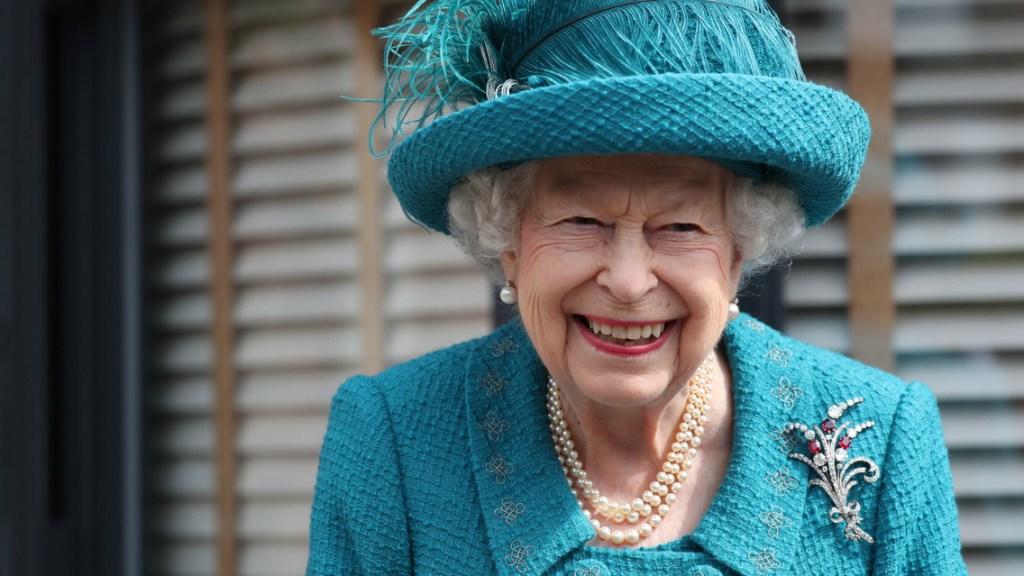
Queen Elizabeth II: Reflecting on Her Global Impact
As we mark 1 year since the passing of her late majesty Queen Elizabeth II, we reflect on the profound impact of her reign, not only on the United Kingdom but also around the world. Queen Elizabeth II, who ascended to the throne in 1952, held the distinction of being the longest-reigning monarch in British history. In this article, we will explore the influence of Queen Elizabeth II’s reign on the global stage, East Africa and Uganda. Additionally, we will discuss the importance and role of monarchies in the contemporary world.
A Reign That Spanned Generations
Queen Elizabeth II’s reign, which spanned seven decades, witnessed dramatic changes in global politics, culture, and society. Her influence extended far beyond the borders of the United Kingdom, making her one of the most recognized and respected figures in the world.
1. Diplomatic and State Visits: Queen Elizabeth II conducted over 110 state visits to countries around the world. These visits served as opportunities for diplomacy, fostering international relations and cooperation. Her visits to East African nations, including Uganda, played a significant role in strengthening ties between the UK and these countries.
2. Commonwealth Leadership: As the head of the Commonwealth, Queen Elizabeth II played a pivotal role in promoting unity and collaboration among member nations. Her commitment to the Commonwealth brought together nations from various continents, including many in Africa, fostering cultural exchange and mutual support.
3. Support for Global Causes: Queen Elizabeth II championed about 600 charitable and humanitarian causes. Her patronage of organizations focused on health, education, and social welfare had a positive impact on communities not only in the UK but also in East Africa, where British charities often operate.
Queen Elizabeth II’s Impact on East Africa and Uganda
Queen Elizabeth II’s enjoyed a special relationship with the East African region. Kenya being the country where she acceded to the throne upon the death of her father King George VI on the 6th of February 1952. Her reign left an indelible mark on East Africa and Uganda, both politically and culturally:
1. East African Federation: During Queen Elizabeth II’s reign, the idea of an East African Federation, which would have united Kenya, Uganda, and Tanzania, was explored. While the federation didn’t materialize, the discussions around it emphasized the importance of regional cooperation and integration.
2. Cultural Ties: Queen Elizabeth II’s visits to East African nations, including Uganda on 28–30 April 1954 and 21–24 November 2007, the latter time to attend the Commonwealth Heads of Government Meeting 2007. These visits served to strengthen cultural ties. Her presence at cultural events and interactions with local leaders helped preserve and celebrate cultural traditions.
3. Diplomatic Relations: Queen Elizabeth II’s role as a symbol of continuity in the UK’s political landscape was significant for maintaining diplomatic relations with East African nations. Her commitment to diplomacy and cooperation contributed to peaceful relations between the UK and its former colonies.
The Importance and Role of Monarchies Today
While some may argue that monarchies are anachronistic in the contemporary world, they continue to have relevance and significance. Here are a few reasons why:
1. Cultural Heritage: Monarchies often serve as custodians of cultural heritage and tradition. They provide a sense of continuity and history in a rapidly changing world.
2. Unifying Symbol: Monarchs can serve as unifying symbols for their nations. They transcend political divides and can bring people together during times of celebration or crisis.
3. Diplomacy and Soft Power: Monarchs can play a diplomatic role in building and maintaining international relations. Their visits and interactions with other heads of state can foster diplomacy and cooperation.
4. Charitable and Philanthropic Work: Many members of royal families are actively involved in charitable and philanthropic endeavors. Their patronage and support can significantly impact various humanitarian causes.
5. Constitutional Monarchies: In constitutional monarchies like the UK, the monarch’s role is largely ceremonial, with political power residing in elected officials. This system provides stability and a sense of continuity in government.
Queen Elizabeth II’s reign, which spanned seven decades, had a profound impact on the world, including East Africa and Uganda. Her diplomatic efforts, support for charitable causes, and role as a unifying figure made her an influential global leader.
As we reflect on Queen Elizabeth II’s legacy, we must also consider the ongoing importance and role of monarchies in the contemporary world. While their political power may vary, monarchs continue to serve as symbols of culture, tradition, and diplomacy, contributing to the rich tapestry of global society.
In Uganda and East Africa, Queen Elizabeth II’s reign serves as a reminder of the enduring ties between nations and the potential for diplomacy and cooperation to bridge gaps and build lasting relationships. As the world evolves, so too will the role of monarchies, adapting to the changing needs and expectations of their citizens while preserving the cultural heritage and traditions that define their nations.
